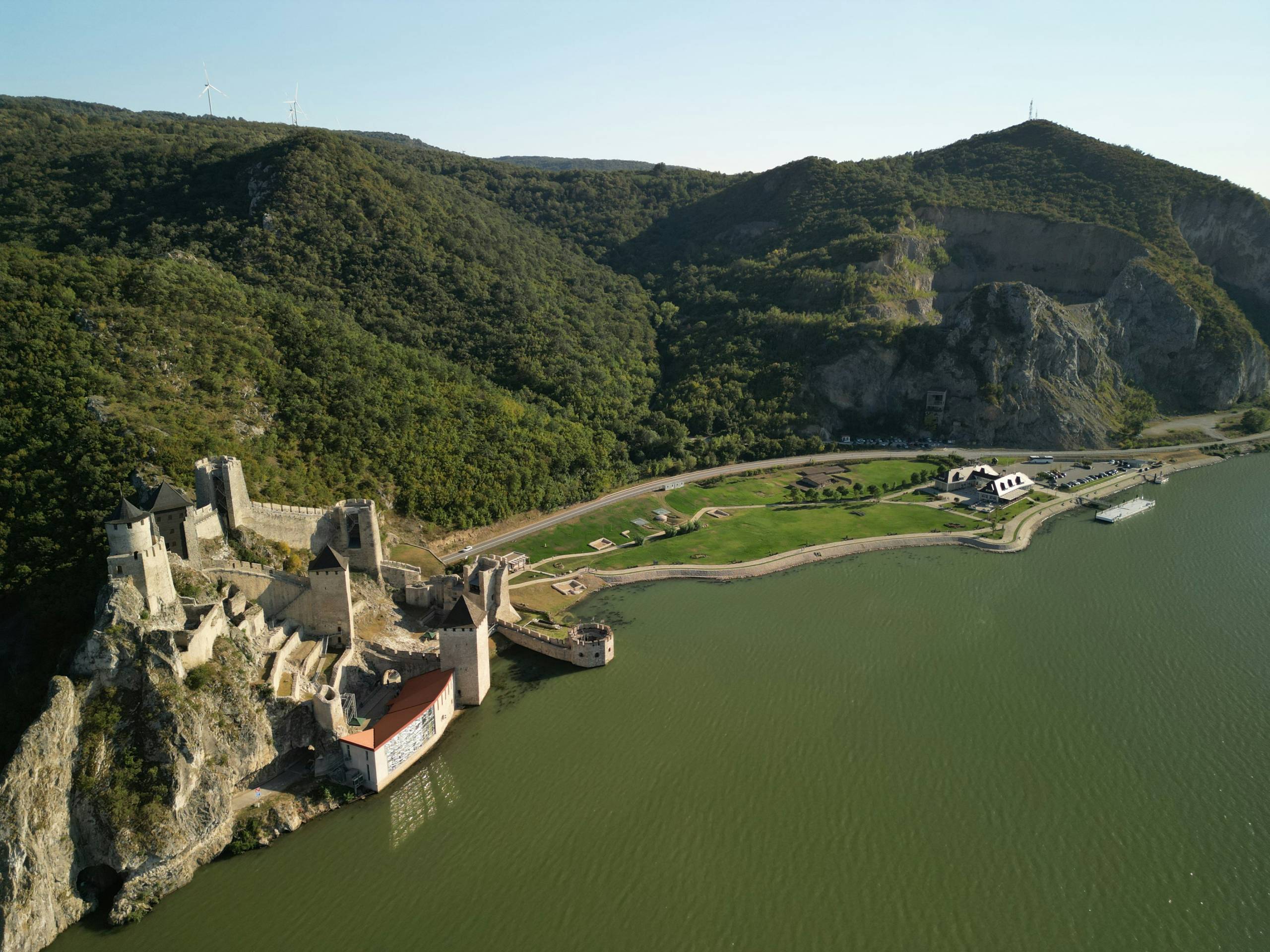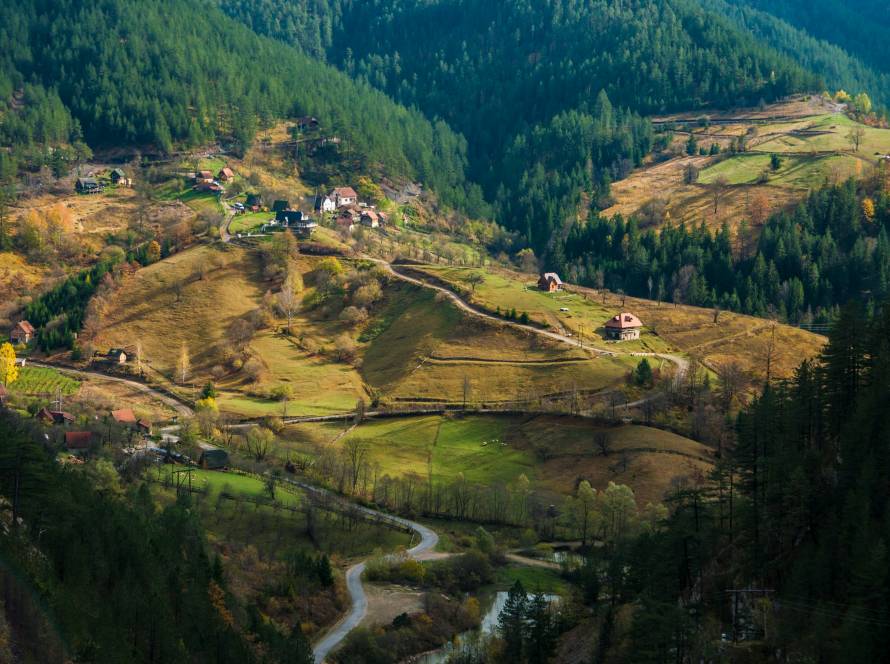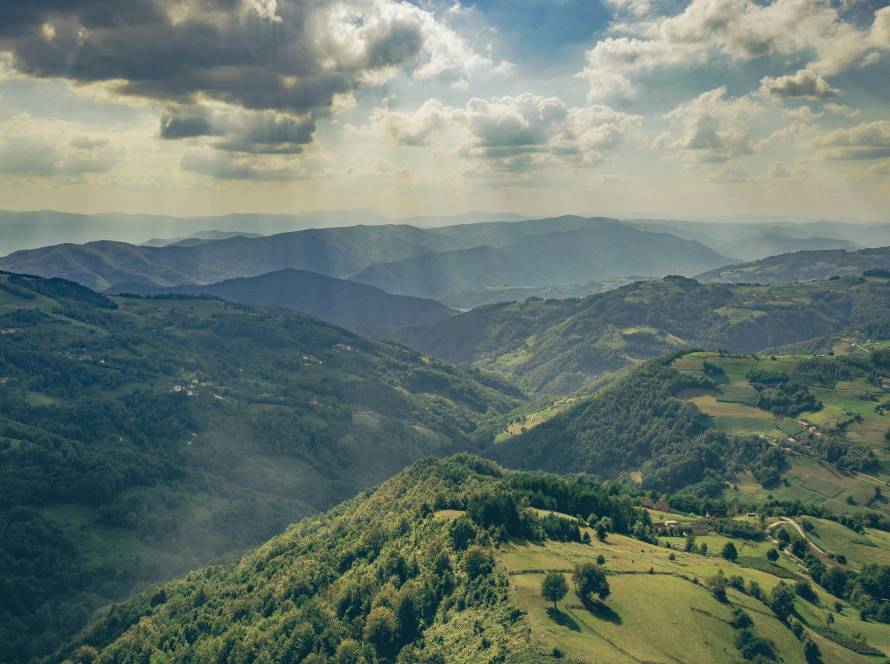Lithium mining, while heralded as a key to advancing green technology through the production of batteries for electric vehicles and renewable energy storage, poses significant risks to the environment. In Serbia, particularly in the Jadar region, proposed lithium mining projects threaten to cause substantial harm to the natural landscape, biodiversity, and ecosystems. This article explores the potential environmental impact of lithium mining in Serbia, supported by scientific evidence and expert opinions that highlight the dangers of such extraction activities.
1. Deforestation and Habitat Destruction
Lithium mining often requires the clearance of large areas of land, leading to deforestation and habitat destruction. In the Jadar region, this would mean removing large swathes of forest, resulting in the loss of biodiversity and disruption of ecosystems. Global environmental experts, such as those from the International Union for Conservation of Nature (IUCN), argue that deforestation not only destroys wildlife habitats but also contributes significantly to climate change through the release of stored carbon into the atmosphere. In Serbia, a country where around 30% of the land is forested, such deforestation could have severe ecological repercussions, further contributing to global climate instability.
2. Soil Erosion and Land Degradation
The open-pit mining method used for lithium extraction involves stripping away the topsoil and overburden, leading to soil erosion and land degradation. Experts from the World Wildlife Fund (WWF) have pointed out that such mining practices result in the destabilization of the land, making it more prone to erosion. The removal of vegetation and disruption of the soil structure can lead to barren landscapes, where agricultural productivity is severely diminished. The Jadar region, characterized by its fertile lands, would face significant agricultural setbacks, impacting local food production and livelihoods.

3. Water Contamination and Pollution
Lithium mining is a water-intensive process, and the use of chemicals like sulfuric acid can lead to water contamination. Environmental scientists, including those from the Environmental Working Group (EWG), have highlighted cases where lithium extraction has led to the contamination of local water supplies, posing risks to both human health and aquatic ecosystems. In the Jadar region, where the Jadar River is a crucial water source, such contamination could have disastrous effects. Toxic substances can leach into groundwater and surface water, harming fish populations, reducing water quality, and making it unsafe for drinking and irrigation.
4. Impact on Local Biodiversity
The disruption caused by mining activities can lead to significant biodiversity loss. Conservation biologists from organizations like the World Resources Institute (WRI) warn that the noise, dust, and pollution from mining operations disrupt wildlife habitats, forcing species to migrate or face extinction. The Jadar region is home to various plant and animal species, some of which are protected and endangered. The introduction of large-scale mining could lead to the decline of these species, further diminishing Serbia’s biodiversity. For instance, species such as the European otter, which relies on clean river habitats, could be severely affected by water pollution and habitat destruction.
5. Air Pollution and Health Hazards
Mining operations release significant amounts of dust and emissions, contributing to air pollution. Health experts, including those from the Global Health Alliance, have raised concerns about the respiratory and cardiovascular health impacts of air pollution caused by mining. Dust particles can carry harmful chemicals and heavy metals, posing a risk to both local communities and wildlife. In Serbia, where air quality is already a concern, additional pollution from mining activities could lead to increased health problems, including respiratory diseases and cancer.
6. Long-Term Environmental and Economic Costs
While mining might provide short-term economic benefits, the long-term environmental and economic costs are substantial. Environmental economists, such as those at the Stockholm Environment Institute, emphasize that the degradation of natural landscapes, loss of biodiversity, and pollution of water sources often lead to economic losses that outweigh the initial gains. The costs associated with environmental cleanup, health care, and loss of agricultural productivity can be enormous. Moreover, the cultural and aesthetic value of Serbia’s natural landscapes cannot be measured in economic terms, yet they play a crucial role in the country’s identity and quality of life.
Conclusion
The environmental damage caused by lithium mining in Serbia presents a clear danger to the country’s natural heritage and ecological health. Expert opinions from around the world emphasize that the extraction of lithium, while beneficial for certain technological advances, should not come at the expense of irreversible environmental harm. Protecting Serbia’s natural landscapes and biodiversity is essential not only for the health and well-being of current and future generations but also for maintaining the ecological balance that supports life on Earth. Serbia’s stance against lithium mining reflects a broader commitment to sustainability, advocating for a future where economic development and environmental protection go hand in hand.



